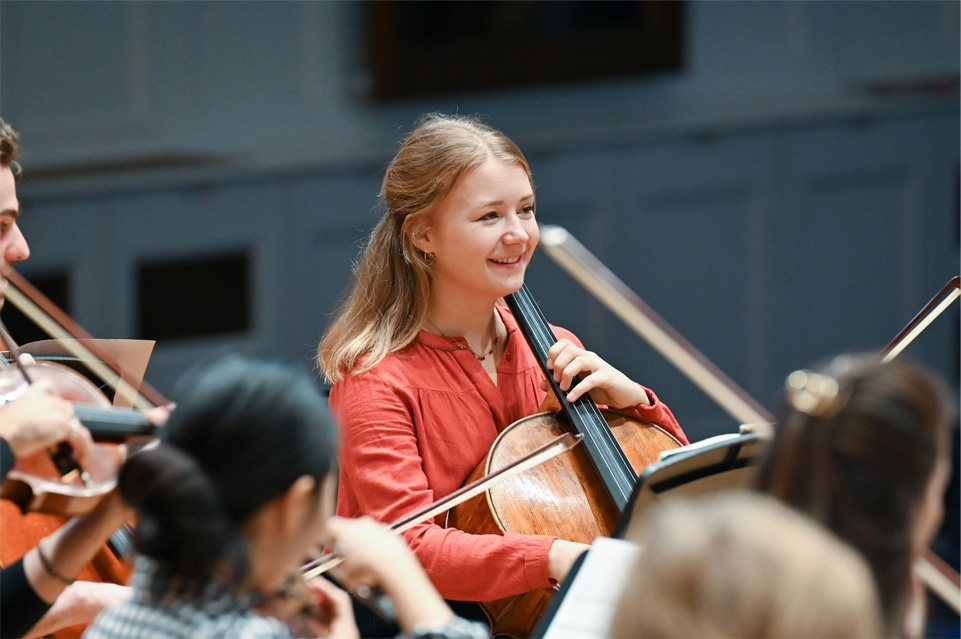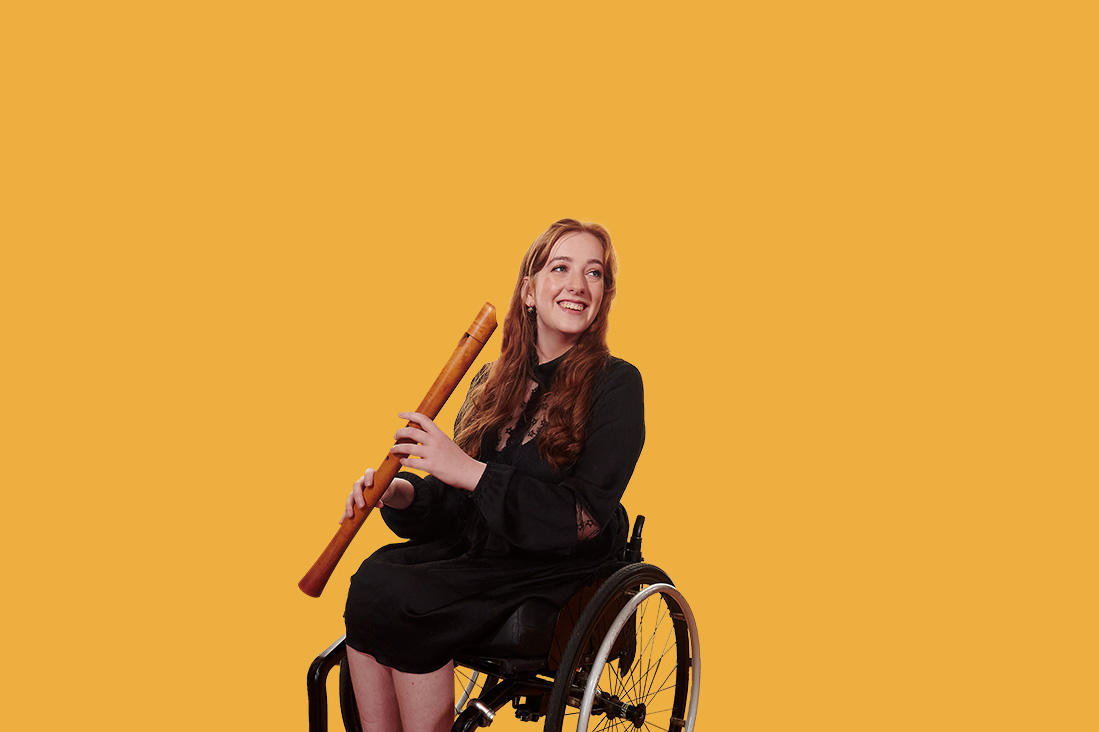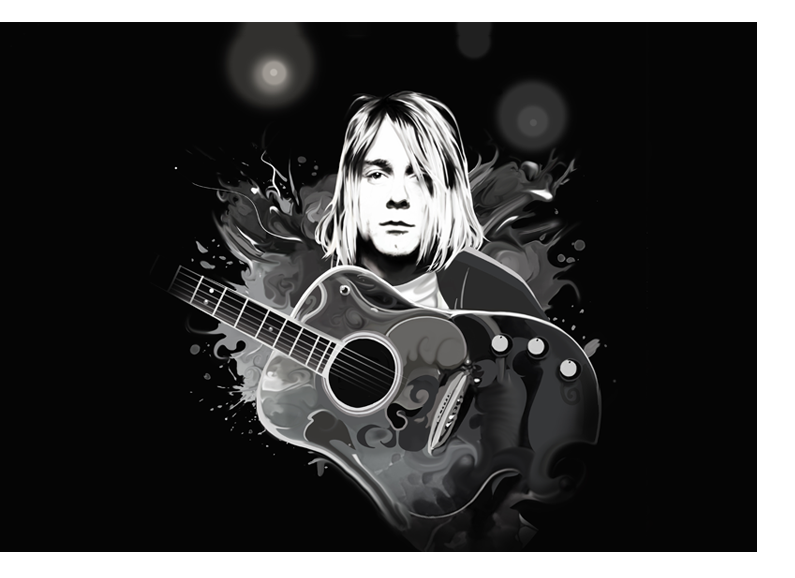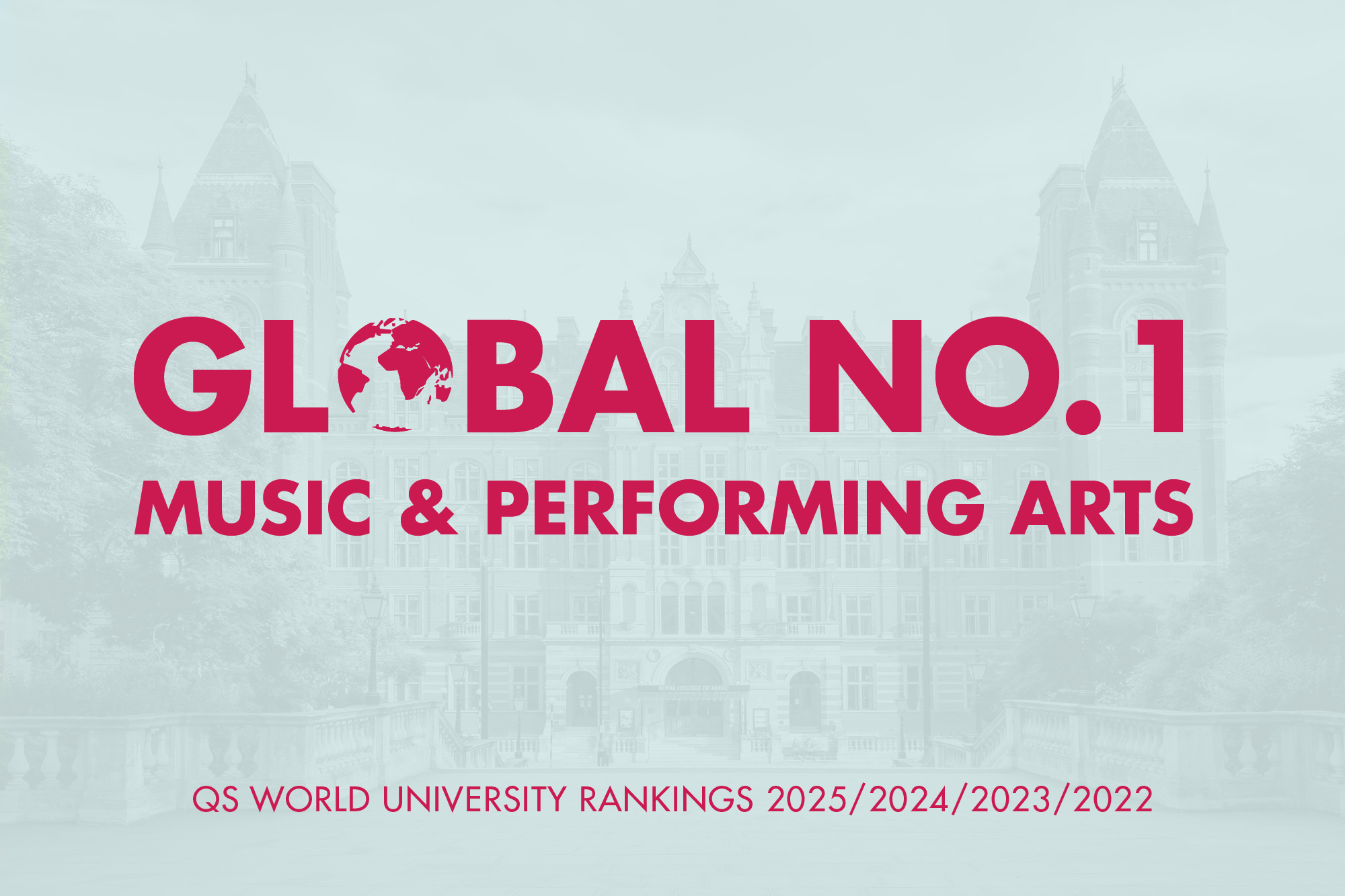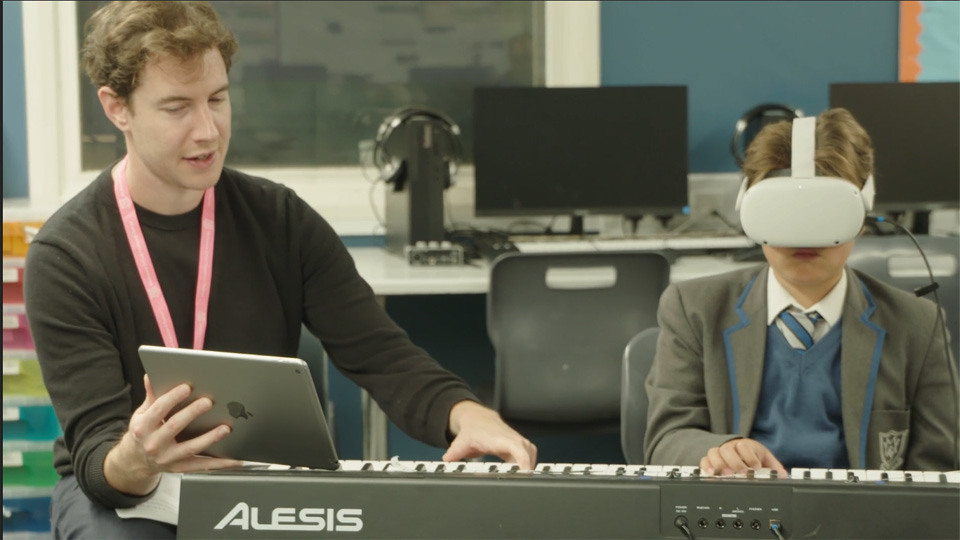Researchers from the RCM have helped four Music Education Hubs to examine whether using virtual reality headsets in piano lessons can increase pupils’ engagement and enjoyment.
In March 2022 Wiltshire Music Connect invited Dr George Waddell, RCM Performance Research and Innovation Fellow, to speak about the future of instrumental music teaching for their Over the Digital Horizon lecture series. Recognising the RCM’s strong interest in emerging technologies in music learning, and the expertise of its Centre for Performance Science in designing and conducting pioneering research, they asked George and the College to assist with their new project examining the potential of virtual reality headsets in piano teaching.
With the support of students from the RCM’s PhD and MSc in Performance Science programmes, the RCM has helped design, conduct, and analyse data from this exciting new study.
Ben Sellars, the XR Piano Project Lead says ’Developing evidence-based guidance on how VR can be used safely and in ways that enhance, rather than replace, tutor-led instrumental teaching will support training and advocacy across music education and contribute to society’s wider discussion of the role of VR in education.’
Running over a 10-week period in summer 2023, the XR Piano evaluation programme investigated how a virtual reality piano app can support piano and keyboard tuition for pupils aged 13-16 alongside traditional, face to face approaches.
RCM researchers gathered data from tutor diaries, questionnaires and focus groups from Music Education Hubs in Norfolk, Wiltshire, Leicestershire and Lincolnshire. Half of the 32 beginner pupils used a VR headset in their lessons, taking a headset home to practise with, and the other half, the control group, had regular lessons with no headsets.
The eight participating piano tutors were asked if using VR had increased their pupils’ levels of engagement and progress, including practising at home. Tutors were also asked whether their teaching methods had been affected by using the VR headsets in lessons, and if software improvements could be made to better support learning and teaching.
Participating tutors fed back that the technology was found to benefit hard-to-reach pupils, and those with additional needs who may find reading music a barrier to enjoying their lessons. The ‘gamification’ element of the lessons also helped to hasten progress and motivate pupils to practice at home. However, the VR piano app technology is still a very early stage. Tutors highlighted safeguarding and pupil safety as a priority issue for developers to resolve before the app is ready to be trialled more widely.
Ben Sellars says ‘Through our partnership between tutors, hubs and the RCM, we hope to create an environment in which technologists, tutors and researchers can work together to create the best possible learning opportunities for pupils, increase pupil retention, and keep learning fun and relevant well into the 21st century.’


